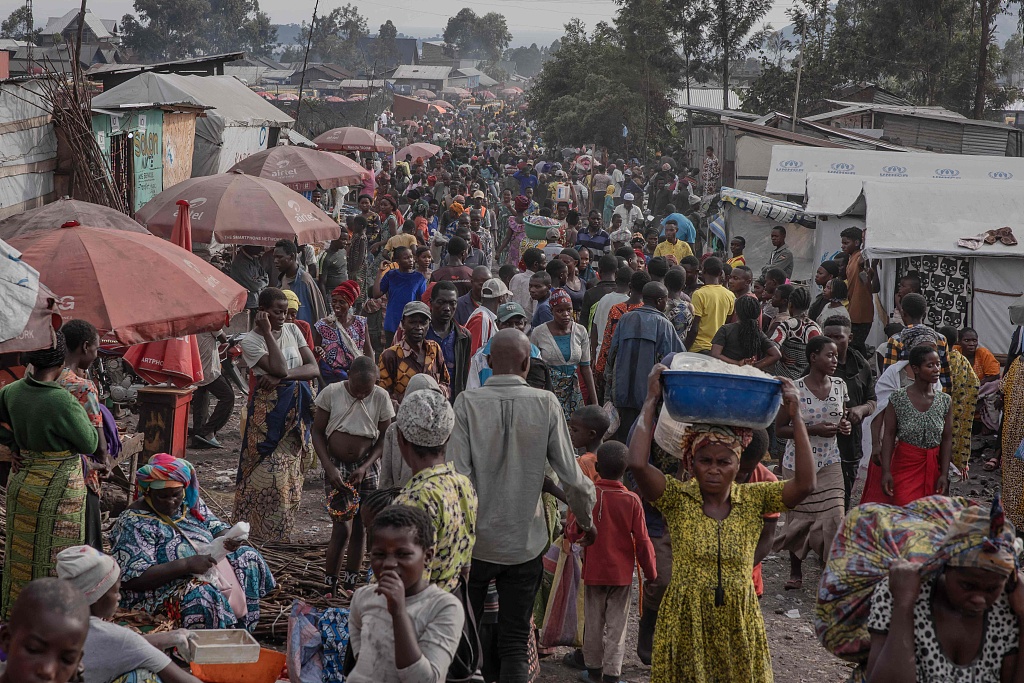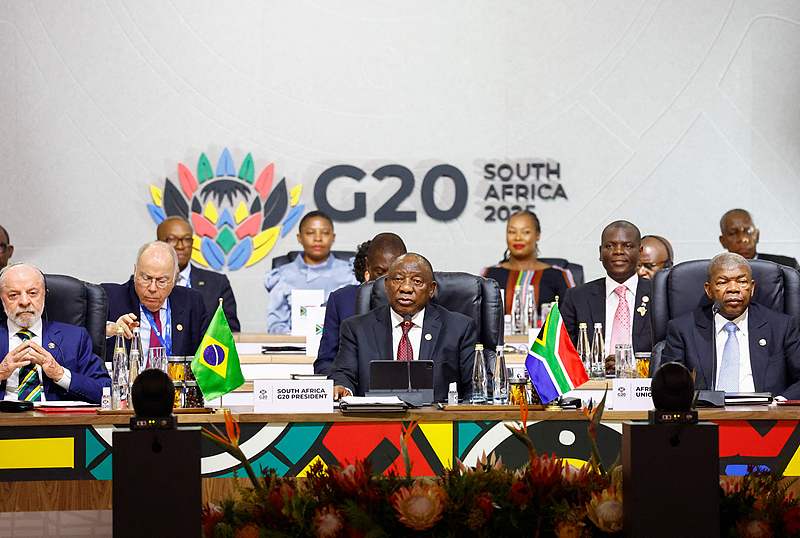
UN says over 100,000 more people displaced in DR Congo clashes
Two days of fighting during which rebels captured a town in eastern DR Congo saw “more than 100,000” people flee their homes, the United Nations said Wednesday.
Some 80,000 people lived in Nyanzale town, North Kivu province, as well as tens of thousands displaced by previous clashes in the area.
On Monday the M23 (March 23 Movement) launched an offensive against several towns, extending its control northwards in the Rutshuru and Masisi areas.
At least 15 civilians, including children, were killed in Nyanzale in shelling attacks on inhabited areas Monday, according to medical sources and witnesses contacted by telephone.
“We are fighting at the moment,” a Congolese security source told AFP by phone, adding that several towns in Rutshuru territory had been taken.
Clashes were still taking place Wednesday evening in several areas, including the town of Kibirizi — largely emptied of residents and humanitarian workers.
An internal report by UN mission MONUSCO, seen by AFP, accused the M23 of “firing mortar shells at the Kihondo identification camp (for displaced persons) (three kilometres from Nyanzale), wounding 12 civilians, five of whom died from their wounds”.
The M23 also reportedly “fired six mortar shells” near a UN base, “wounding another civilian”, the report added.
The takeover of Nyanzale by the M23 sparked the flight of “more than 100,000 people,” the United Nations Office for the Coordination of Humanitarian Affairs (OCHA) said, warning that these people may be “forced to flee again if hostilities persist”.
After eight years of dormancy, the Tutsi-led M23 rebellion took up arms again in late 2021, seizing large swathes of North Kivu — cutting off all land access to its capital Goma except the Rwandan border in early February.
According to the DRC, the United Nations, and Western nations, neighbouring Rwanda is backing the M23, an allegation Kigali denies.
The UN estimated at the end of 2023 that nearly seven million people were displaced in the DRC, including 2.5 million in the province of North Kivu alone.






